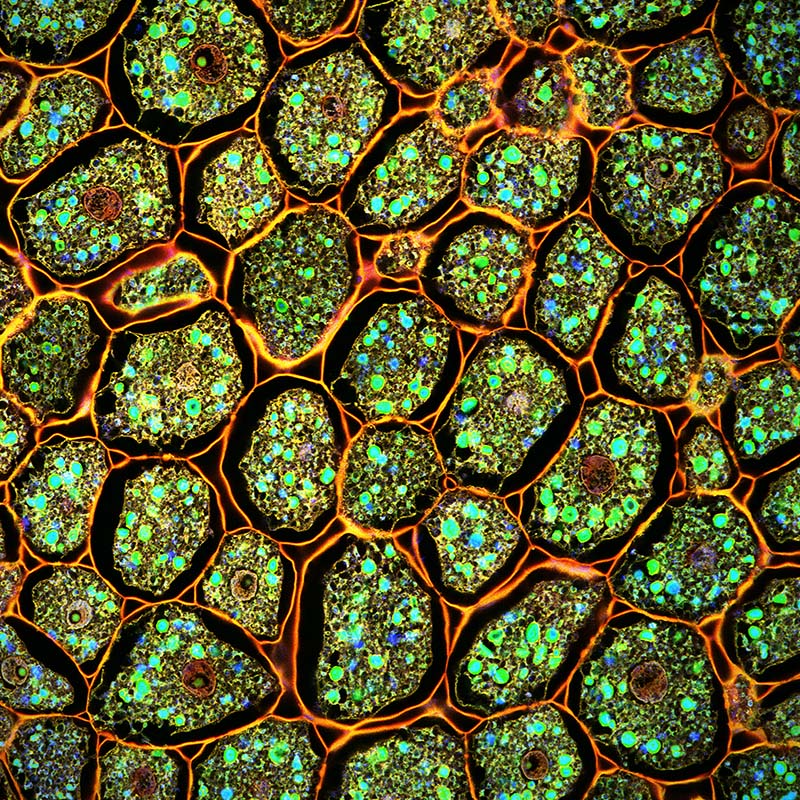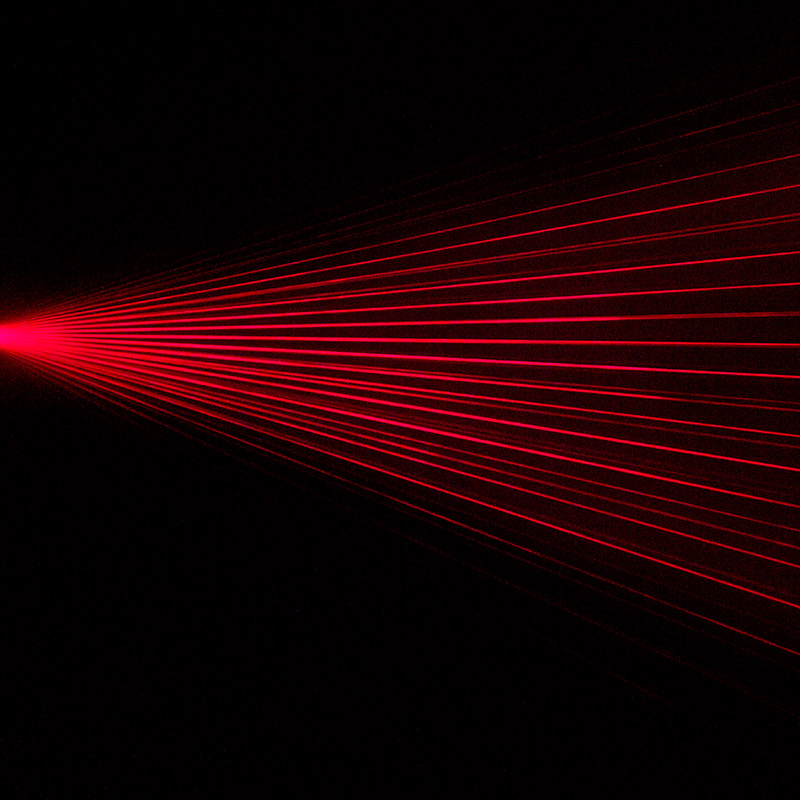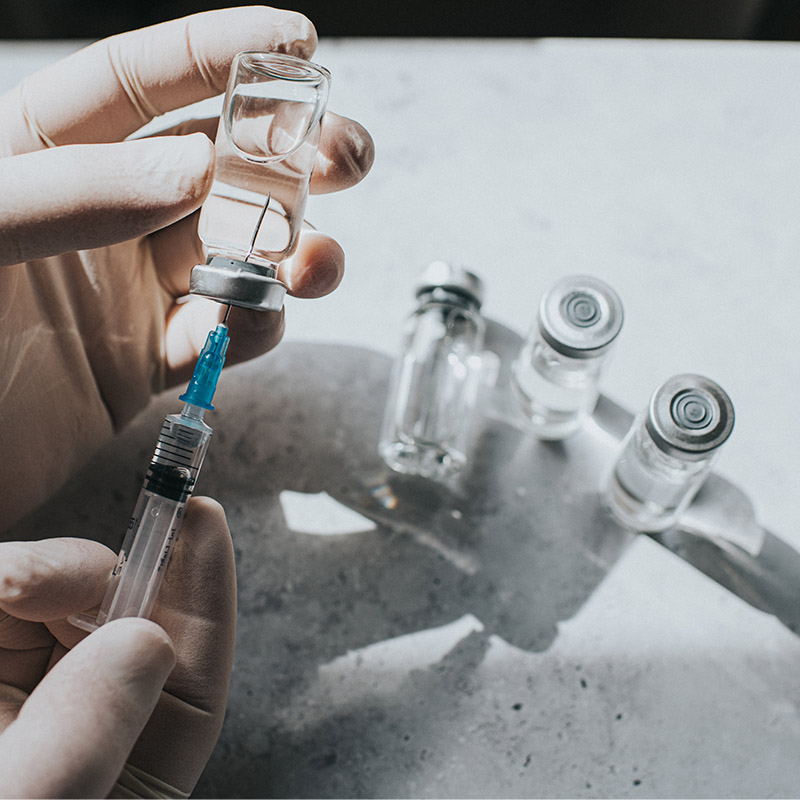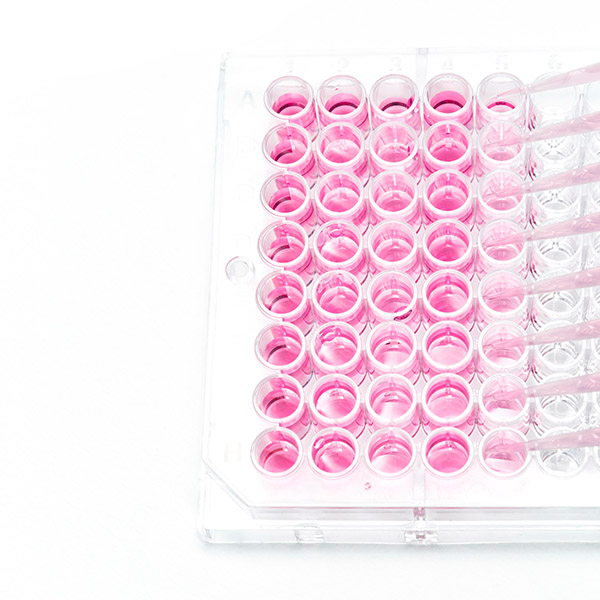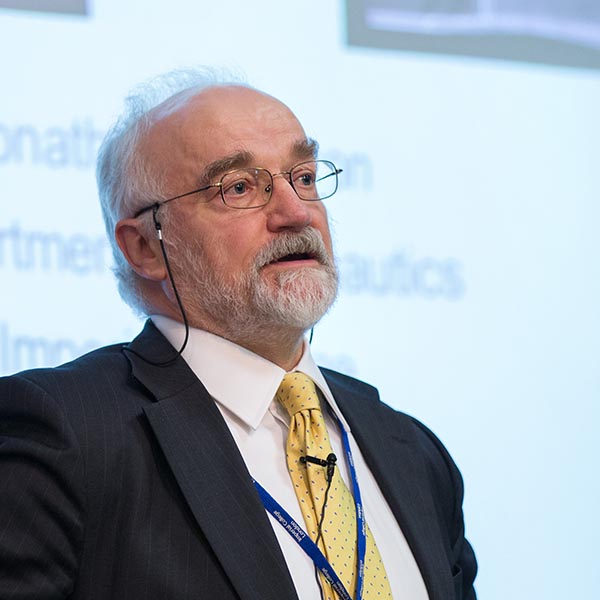
License the latest technology from Imperial College London
Technology available for licensing
Imperial College London is among the world’s leading research universities, and one of the few focused exclusively on Science, Technology, Engineering, Medicine and Business. Technology developed by Imperial’s world-leading researchers is protected and packaged by our expert commercialisation specialists.
Available technologies span all areas of research undertaken at Imperial. If your business is considering licensing technology, you can view available technologies and enquire directly through this site.
Available technologies
Browse technologies and innovations derived from research undertaken by academics at Imperial College London
Polypeptide “Warhead” Targeting MYC for Cancer Therapy
A polypeptide-based ('bioPROTAC') technology designed to degrade the MYC oncoprotein inside cells, applicable in cancer treatment and prevention
PolSpec: versatile optical spectral imaging
A versatile polarisation-based detection approach for (hyper)spectral imaging and classification of samples
High power single mode nanolaser arrays
A high-powered, single mode nanolaser technology for integrated photonic communication chips and LIDAR systems.
citrOgen – the first universal presentation platform for bacterial antigens
A platform for rapidly generating antibodies against diverse bacterial targets, applicable to monoclonal antibody development and the expedited evaluation of potential vaccine antigens
Enhancing quantum memories by means of Light-Matter Interference (EEVI)
Improving existing quantum memory protocols by increasing storage and retrieval efficiencies without increasing control power or optical depth
Non-Pneumatic Particle Jamming for Low-Cost, Compact Haptic Feedback Devices
Alternative methods for particle jamming to create simulated hardness in haptic feedback devices at lower cost compared to pneumatic systems
In situ RTQuIC seeding amplification assay for neurodegeneration
A seeding amplification assay with spatial resolution that visualises protein misfolding and aggregation in intact biological samples to study the mechanisms of neurodegeneration and cross-seeding between diseases.
Assay to detect active viral infection
Mass spectrometry assay measuring 3'-deoxy-3',4'-didehydro-cytidine (ddhC) to quantitatively detect active viral infections
Novel integrase-based system for enabling nitrogen fixation in non-fixing yet agriculturally relevant bacterial chassis
Seamless integration of large nitrogen fixation clusters into virtually any bacterial strain – unlocking exciting new frontiers in biofertilisers
EffiTrap: comprehensive and real-time defect analysis for semiconductors
Advanced real-time defect characterization for semiconductors, including imaging sensors, optical sensors, and photovoltaics
Featured inventor
Professor Jonathan Morrison
Academic title - Professor of Experimental Fluid Mechanics
Faculty - Faculty of Engineering, Department of Aeronautics
Upcoming Events
No Results Found
The page you requested could not be found. Try refining your search, or use the navigation above to locate the post.
Latest News
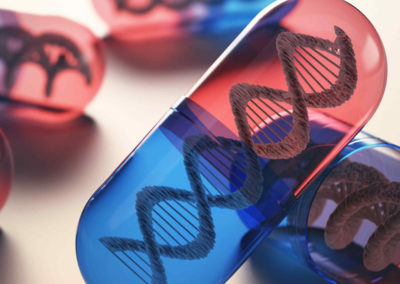
Accelerated development of a potential treatment for cystic fibrosis
The UK Cystic Fibrosis Gene Therapy Consortium (GTC) is one of the partners in a licensing agreement with Boehringer Ingelheim. Find out more
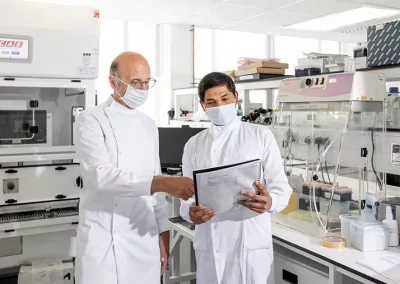
Natural Killer – licensing a cell therapy
Imperial has licensed iNKT cell technology based on research by Prof. Tassos Karadimitris to SUDA Pharmaceuticals. Find out more
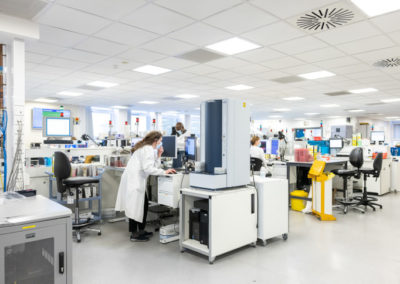
Imperial partner Apollo receives £100m to boost medical research at leading unis
Imperial will benefit from continued support for translational biomedical research under a unique technology transfer model. Find out more
Sign up for updates
Sign up for monthly technology alerts via email, and find other ways to connect with us.
